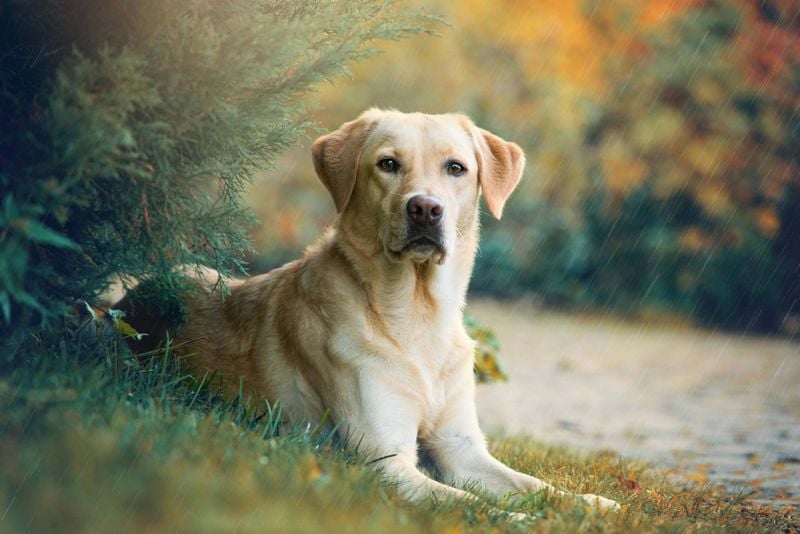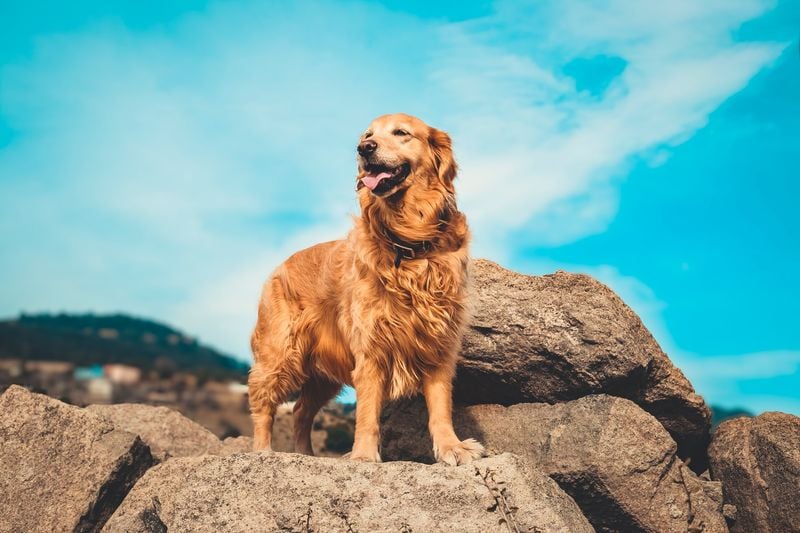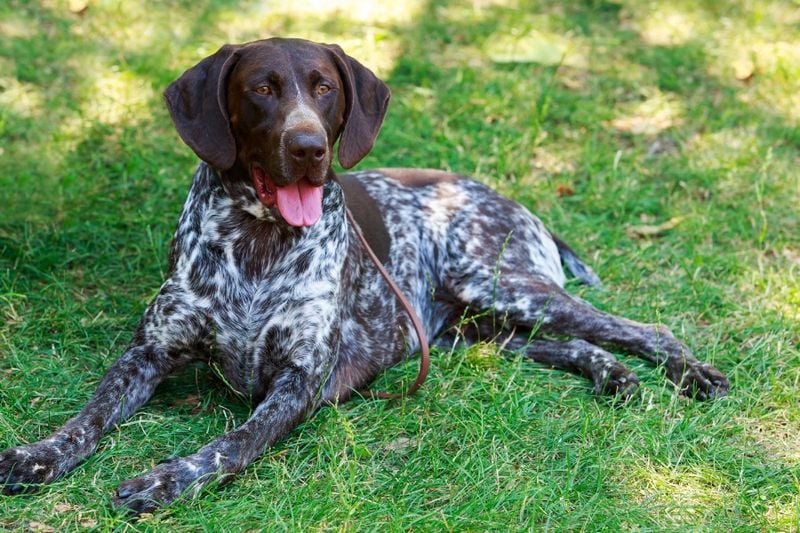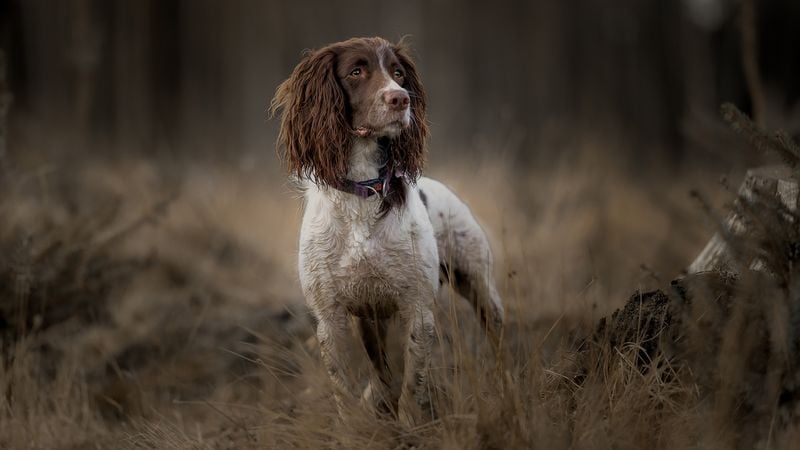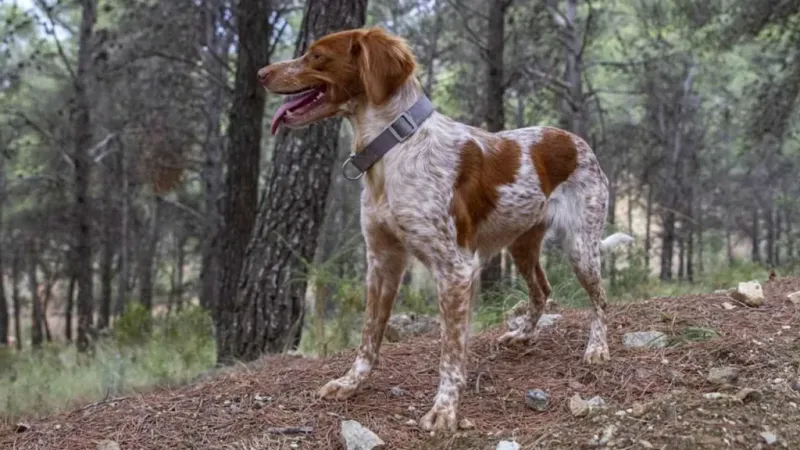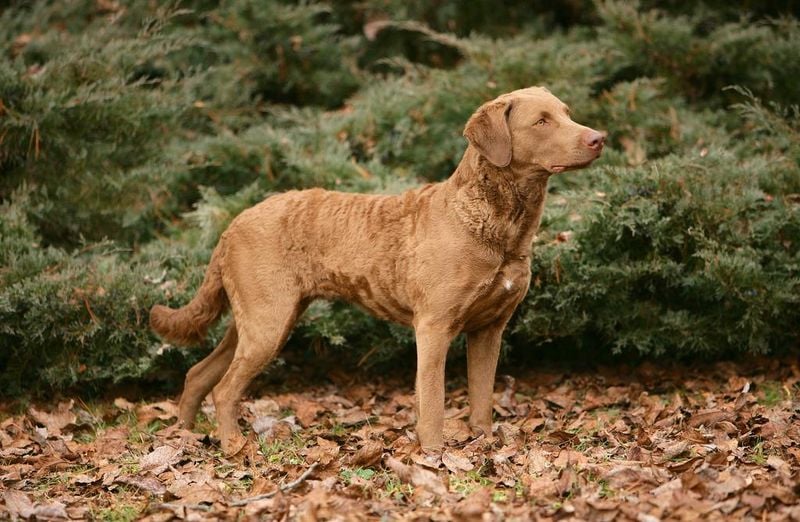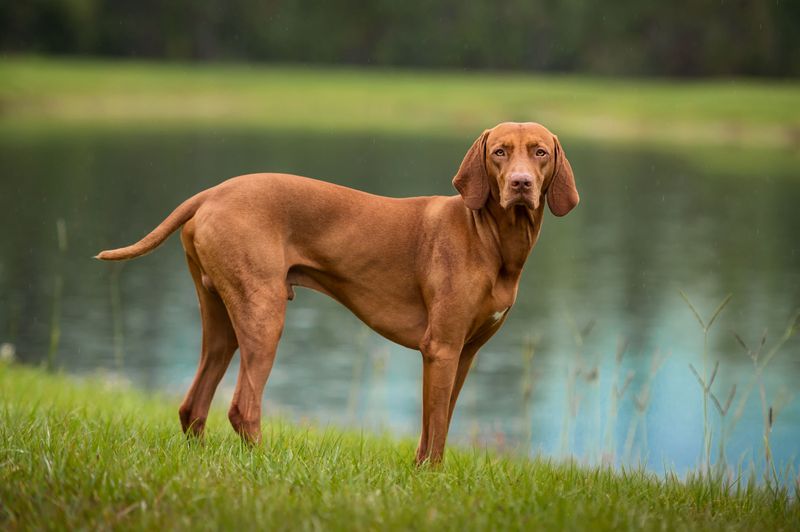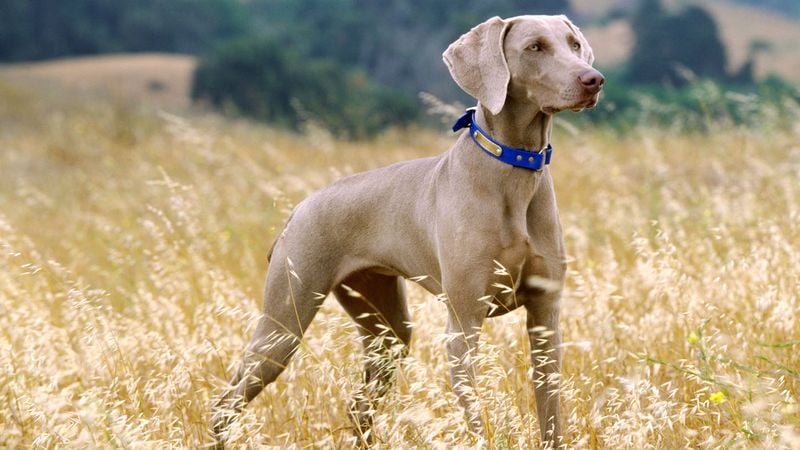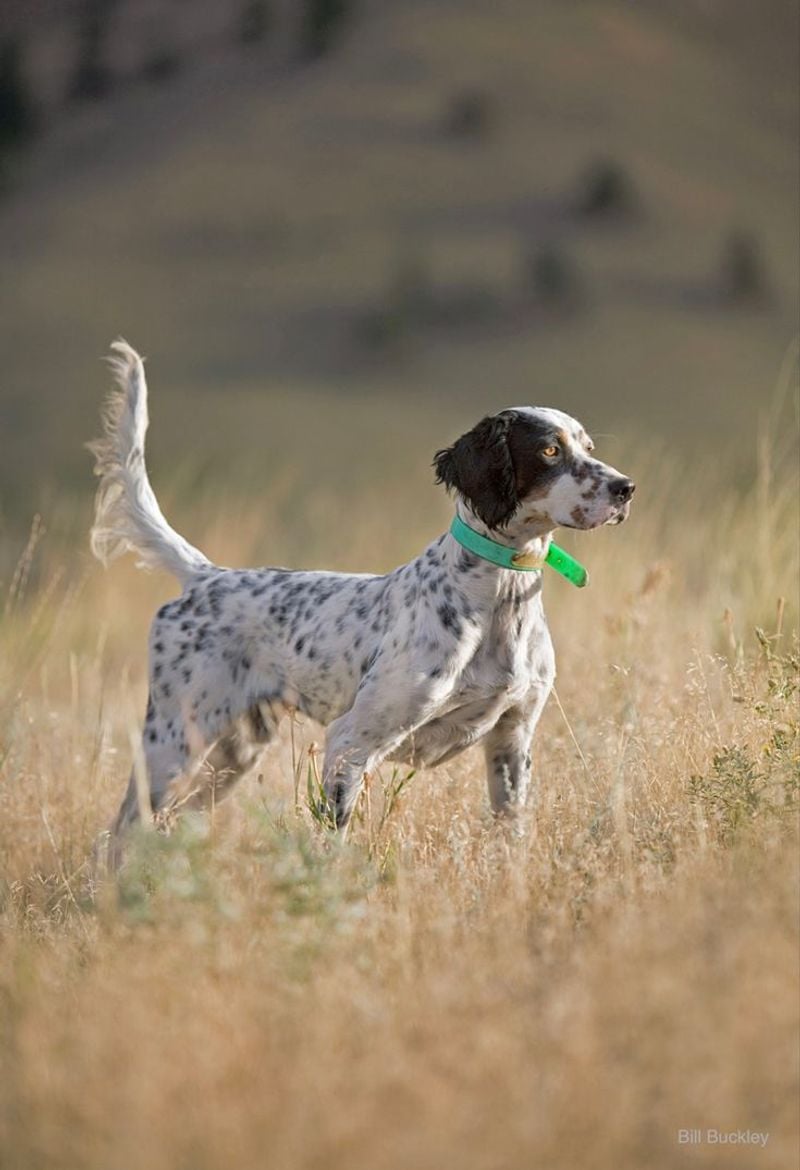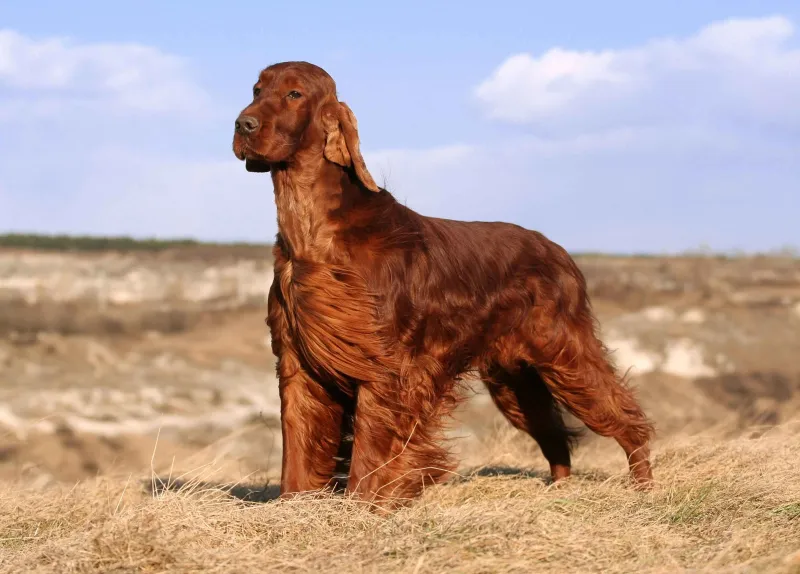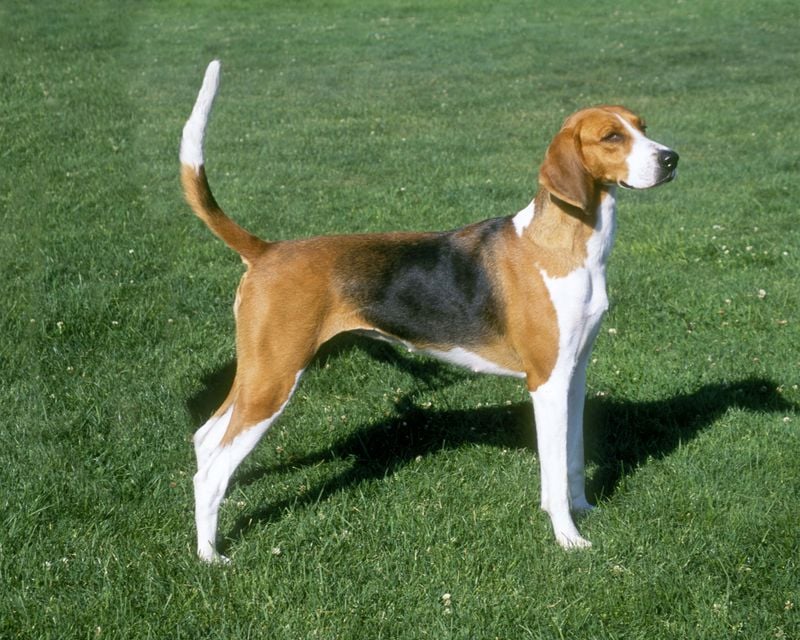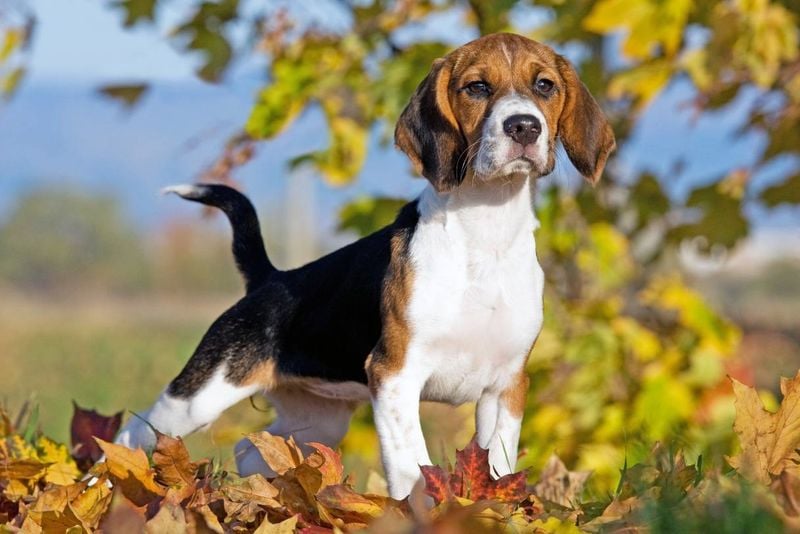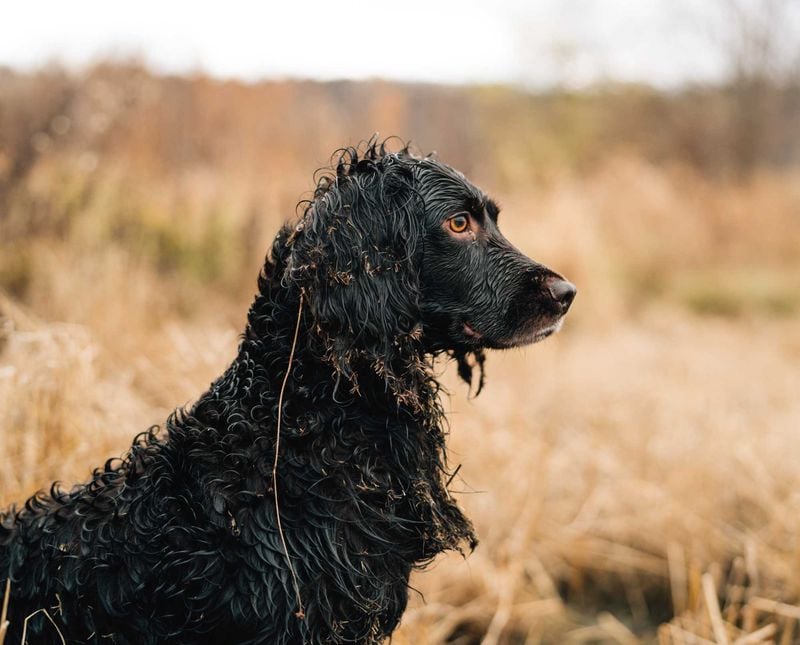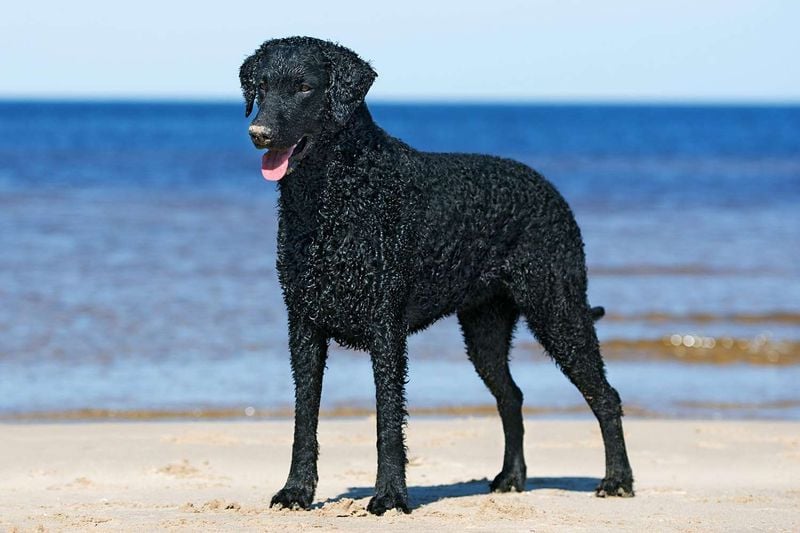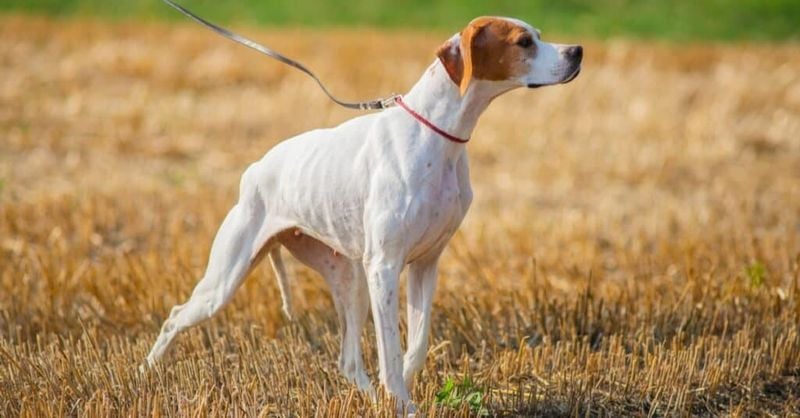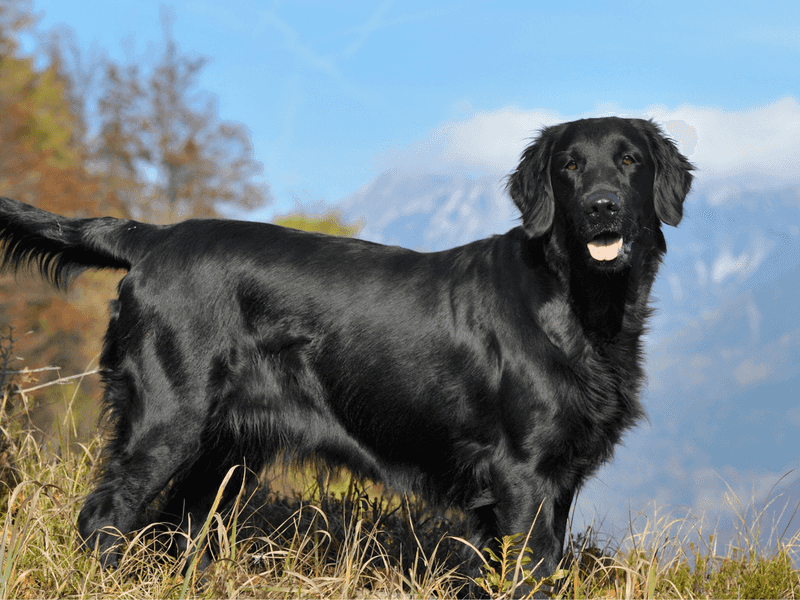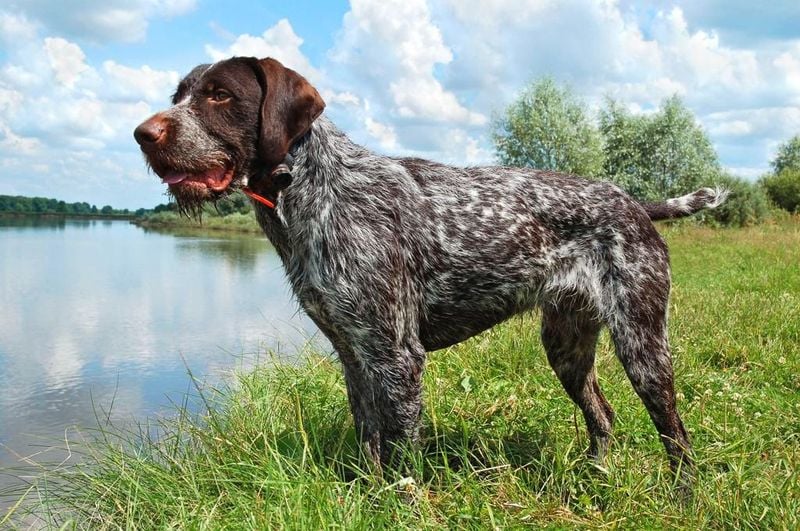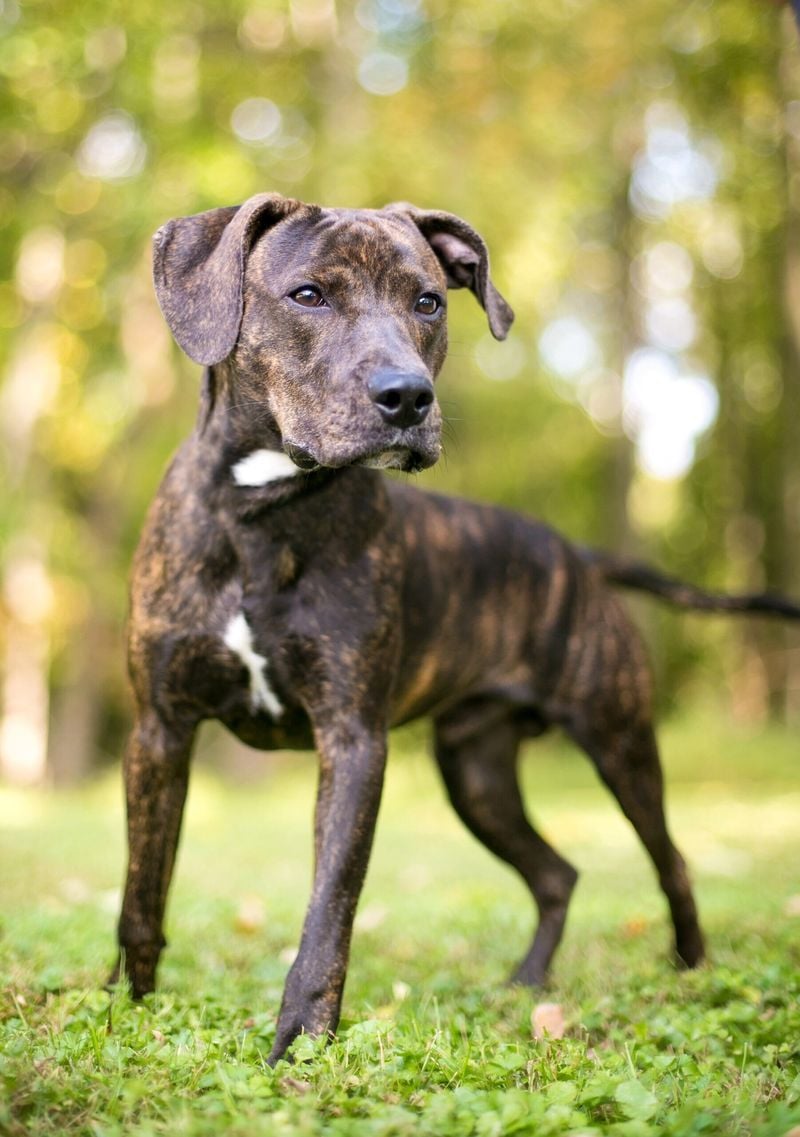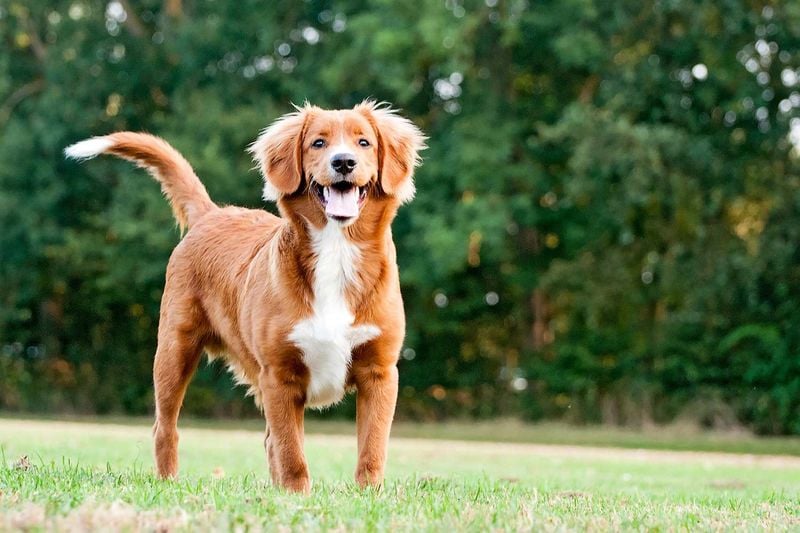The Best 20 AKC Hunting Breeds for Hunters Who Want a True Companion
Hunting isn’t just about the pursuit—it’s about partnership. Behind every successful hunt is a bond built on trust, instinct, and mutual respect between the hunter and their four-legged companion. A truly great hunting dog offers more than just field skills; they bring loyalty, intelligence, and heart, becoming an irreplaceable part of both the hunt and the home.
The American Kennel Club (AKC) recognizes a variety of breeds that shine in hunting roles—whether it’s pointing upland game, retrieving waterfowl, or trailing big game. But what sets the best hunting dogs apart isn’t just their nose or stamina. It’s their temperament. These dogs don’t just follow commands—they anticipate needs, stay by your side, and form bonds that run deeper than instinct.
This list of 20 exceptional AKC hunting dog breeds celebrates not only their hunting prowess but also their outstanding character. These dogs are as comfortable curled up at your feet as they are charging through brush or swimming after a fallen bird. Whether you’re a seasoned hunter or simply admire the working dog spirit, these breeds combine field-tested grit with unwavering devotion, making them ideal companions in and out of the wild.
1. Labrador Retriever: The Versatile Favorite
America’s most popular breed doubles as an exceptional hunting partner. Labs combine a waterproof coat with webbed feet that make them unstoppable retrievers in any environment. Their natural retrieving instinct and trainability shine whether hunting waterfowl or upland game.
Beyond their hunting prowess, these dogs transition seamlessly from dedicated worker to gentle family member. Their friendly temperament makes them ideal for households with children or other pets. With moderate exercise needs and an eagerness to please, Labs maintain their youthful enthusiasm well into adulthood.
2. Golden Retriever: The Soft-Mouthed Wonder
Famous for their beautiful golden coats, these dogs were bred specifically for retrieving waterfowl without damage. Their exceptional soft mouth allows them to carry game delicately, while their water-repellent double coat protects them during cold water retrieves. Athletic and intelligent, Goldens excel at both upland and waterfowl hunting.
At home, they transform into gentle companions with an innate love for human interaction. Their patient nature makes them outstanding with children and newcomers alike. Golden Retrievers form deep bonds with their owners, often displaying an uncanny ability to sense emotions.
3. German Shorthaired Pointer: The Tireless All-Arounder
Built for endurance, these athletic dogs can hunt from sunup to sundown without flagging. Their versatility is legendary – pointing, retrieving, and tracking come naturally whether in field, forest, or water. The distinctive liver and white coat provides some camouflage while hunting.
GSPs bring boundless energy and intelligence to every task. Their muscular build and webbed feet make them excellent swimmers despite their short coat. At home, they maintain an alert but affectionate demeanor.
Owners should note their high exercise requirements – this breed thrives with active families who can match their enthusiasm for outdoor adventures.
4. English Springer Spaniel: The Flushing Expert
Springers earned their name by “springing” game birds into flight for hunters. Medium-sized with distinctive feathering, these dogs combine stamina with an exceptional nose for finding and flushing upland birds. Their moderate size allows them to navigate dense cover easily while still having the strength to retrieve.
Cheerful and eager to please, Springers form strong attachments to their families. Their expressive eyes seem to communicate directly with their owners. Field-bred varieties typically display higher energy and hunting drive than their show-bred counterparts.
Regular grooming helps maintain their weather-resistant coat and prevents matting after field work.
5. Brittany: The Compact Powerhouse
Don’t let their medium size fool you – Brittanys pack serious hunting ability into a smaller package than many sporting breeds. Originally from France, these dogs point and retrieve with precision, covering ground efficiently with their characteristic gait. Their moderate size makes them perfect for hunters with limited space at home or in vehicles.
Sensitive and responsive, Brittanys thrive on positive training methods. Their intelligence allows them to learn complex commands quickly. At home, they’re affectionate without being overly dependent.
Their distinctive orange and white coat requires minimal maintenance, making them practical companions for busy hunters.
6. Chesapeake Bay Retriever: The Rugged Waterfowl Specialist
Developed for retrieving in the harsh conditions of the Chesapeake Bay, these powerful dogs fear neither icy water nor rough terrain. Their distinctive wavy coat repels water while providing insulation in extreme conditions. Unlike some retrievers, “Chessies” have a determined, independent streak that serves them well in challenging situations.
Fiercely loyal to their families, they tend to be more protective than other retriever breeds. Their strength and endurance are matched by an exceptional memory – they never forget a retrieve location or training lesson.
Less outgoing with strangers than some sporting breeds, they form deep bonds with their hunting partners.
7. Vizsla: The Velcro Hunting Dog
Striking rust-gold coats and amber eyes make these Hungarian pointers unmistakable in the field. Known for sticking close to their hunters (earning them the “Velcro dog” nickname), Vizslas combine pointing precision with retrieving ability. Their lean, muscular build enables impressive speed and agility when working upland birds.
Famously affectionate, Vizslas genuinely suffer when denied human contact. They frequently seek physical touch, often leaning against their owners or curling up in laps despite their medium size. Their short coat requires minimal maintenance while providing some protection in the field.
Surprisingly good swimmers for a pointer breed, they adapt well to various hunting scenarios.
8. Weimaraner: The Gray Ghost
“The Gray Ghost” earned its nickname from its distinctive silver-gray coat and stealthy hunting style. Originally bred to hunt large game like deer and boar, today’s Weimaraners excel at bird hunting with their powerful scenting ability and natural pointing instinct. Their distinctive appearance comes with an equally distinctive personality – bold, sometimes stubborn, and always aware of their surroundings.
Intensely loyal, Weimaraners bond deeply with their owners. Their intelligence demands consistent, engaging training to prevent boredom. At home, they remain vigilant and protective without excessive barking.
Their short coat requires minimal grooming while their expressive eyes communicate volumes.
9. English Setter: The Gentleman’s Bird Dog
Elegance in motion defines the English Setter, with its flowing feathered coat and graceful movement in the field. These dogs “set” (crouch low) rather than point rigidly when locating birds, a distinctive hunting style. Their patient, methodical approach makes them ideal for hunters who appreciate thorough coverage of hunting grounds.
Gentle and mild-mannered, English Setters bring their good manners from field to home. They form strong bonds with children and adapt well to family life. Field-bred varieties typically show higher energy and hunting drive than bench-bred lines.
Their beautiful speckled coat (called “belton”) requires regular brushing to prevent mats.
10. Irish Setter: The Flashy Redhead
Unmistakable with their flowing mahogany coats, Irish Setters combine beauty with hunting ability in a way few breeds can match. Originally bred for hunting game birds in Ireland’s varied terrain, they cover ground with a graceful, ground-eating stride. Their keen nose and high-held head allow them to catch scent efficiently while moving.
Playful and exuberant, Irish Setters maintain puppy-like enthusiasm well into adulthood. Their sociable nature makes them poor candidates for being left alone for long periods. Field-bred Irish Setters typically have less coat and more intense hunting drive than show lines.
Regular exercise is essential for their physical and mental wellbeing.
11. American Foxhound: The Melodious Trailer
Few sounds in hunting rival the baying chorus of American Foxhounds on a hot scent trail. Developed from English hounds brought to America in the 1700s, these dogs possess remarkable stamina and a superior sense of smell. Their distinctive voice allows hunters to track their location and understand what they’ve found without visual contact.
Independent thinkers, Foxhounds often work cooperatively in packs rather than focusing solely on human direction. Their sweet, easygoing nature at home contrasts with their determined focus in the field. Minimal grooming requirements make them low-maintenance companions.
Their deep chest and efficient movement enable them to trail game for hours.
12. Beagle: The Compact Scent Hound
Small but mighty, Beagles pack serious hunting ability into a convenient size. Originally bred for hunting rabbits and hare, their exceptional nose follows scent trails with remarkable precision. Their distinctive baying voice – often described as a bugle-like “aroo” – helps hunters track their location through dense cover.
Friendly and food-motivated, Beagles train well with positive reinforcement techniques. Their happy-go-lucky attitude makes them excellent family companions between hunting trips. Despite their smaller stature, they possess impressive stamina for all-day hunts.
Their weather-resistant coat requires minimal maintenance while providing protection in various conditions.
13. Boykin Spaniel: The South Carolina Turkey Dog
Developed in South Carolina specifically for wild turkey and waterfowl hunting, these chocolate-colored spaniels work effectively in swamps and tight quarters. Medium-sized with a distinctive rich brown coat, Boykins combine flushing ability with retrieving skills. Their webbed feet and water-resistant coat make them natural swimmers.
Eager to please and highly trainable, Boykins form strong bonds with their handlers. Unlike some hunting breeds, they typically maintain a calm demeanor at home while still having plenty of energy for field work. Their moderate size makes them practical for hunters with limited space.
Regular ear cleaning helps prevent infections common to spaniel breeds.
14. Wirehaired Pointing Griffon: The Supreme Gun Dog
Often called the “4-wheel drive of hunting dogs,” these shaggy pointers handle virtually any terrain or condition. Their harsh, weatherproof coat protects them in thick cover and cold water alike. French in origin but developed with German pointing breeds, Griffons combine excellent pointing instincts with strong retrieving desire.
Devoted and people-oriented, they form intense bonds with their owners. Their intelligence demands consistent, engaging training. Unlike some hunting breeds, they have an “off switch” at home, settling down quietly after exercise.
Their distinctive bearded face and eyebrows give them a wise, almost human expression that matches their thoughtful hunting style.
15. Curly-Coated Retriever: The Oldest Retriever Breed
Dating back to the late 1700s, this distinctive retriever sports tight curls that protect it in harsh conditions. Taller and more independent than other retrievers, Curly-Coats excel at waterfowl hunting with their swimming prowess and natural retrieving instinct. Their water-resistant coat sheds mud and debris easily, making field maintenance simple.
More reserved than some retrievers, they form deep bonds with their people while maintaining some independence. Their intelligence shows in problem-solving abilities in the field. At home, they display a calm, dignified demeanor that belies their working drive.
Minimal grooming needs make them practical hunting partners despite their distinctive appearance.
16. English Pointer: The Classic Bird Finder
The quintessential pointing breed, English Pointers embody focus and precision in the field. Their characteristic stance – one foot raised, tail straight, nose directed at birds – is hunting artistry in motion. Lean and athletic, they cover ground effortlessly with a smooth, ground-eating gait that conserves energy during long hunts.
Less demonstrative than some sporting breeds, Pointers nevertheless form strong bonds with their handlers. Their short coat requires minimal maintenance while still providing some protection in the field. At home, mature Pointers often display a calm, dignified demeanor.
Their intense drive requires regular exercise to prevent behavioral issues.
17. Flat-Coated Retriever: The Eternal Optimist
Often described as “perpetual puppies,” these glossy black or liver retrievers bring enthusiasm and joy to every hunting expedition. Similar to Golden Retrievers but with a sleeker coat, Flat-Coats excel at upland and waterfowl hunting with their natural retrieving instinct and soft mouth. Their moderate size and athletic build allow them to work effectively in various terrains.
Intensely people-oriented, they thrive on human interaction and training. Their happy, tail-wagging approach to life makes them delightful companions. Unlike some sporting breeds, they remain playful and youthful well into adulthood.
Their intelligence demands mental stimulation alongside physical exercise.
18. German Wirehaired Pointer: The Rugged Versatile Hunter
Developed for all-weather, all-terrain hunting, these distinctive dogs feature a weather-resistant wire coat and substantial beard and eyebrows. Their versatility is remarkable – pointing, retrieving, and tracking game from waterfowl to deer. The wiry coat protects them in thick brush while shedding water and resisting burrs.
More independent than some sporting breeds, GWPs bring a determined work ethic to every task. Their intelligence requires consistent training and clear boundaries. At home, they remain alert and sometimes protective, making them good watchdogs between hunting trips.
Regular stripping of the coat helps maintain its weather-resistant qualities.
19. Plott Hound: The Fearless Mountain Hunter
Originally bred for hunting bear and boar in the Appalachian Mountains, these tenacious hounds fear nothing in pursuit of game. Their distinctive brindle coat and athletic build reflect their demanding original purpose. Unlike some hounds, Plotts combine scenting ability with the physical power to confront large game.
Loyal and intelligent, they form strong bonds with experienced handlers who understand their independent nature. Their determination can become stubbornness without proper training. At home, they typically show a calm, affectionate side that contrasts with their intensity in the field.
Their short coat requires minimal maintenance while providing some protection in rough terrain.
20. Nova Scotia Duck Tolling Retriever: The Pied Piper of Ducks
With a unique hunting style unlike any other retriever, “Tollers” use playful behavior along shorelines to lure curious waterfowl within range. Their fox-like appearance – medium size with red coat and white markings – serves this purpose perfectly. After the shot, they transition seamlessly to retrieving duties with natural swimming ability and soft mouth.
Intelligent and energetic, Tollers require both physical exercise and mental challenges. Their size (the smallest retriever breed) makes them practical for hunters with limited space. At home, they typically show affection without excessive neediness.
Their water-resistant double coat requires regular brushing but minimal trimming.

